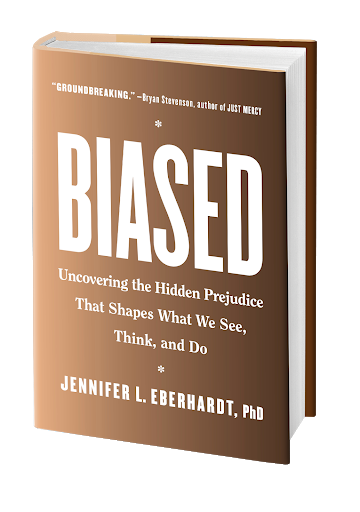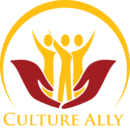

Antiracism Reading Group : Biased

Culture Ally’s Antiracism Reading Group July 2021 selection is
Biased: Uncovering the Hidden Prejudice That Shapes What We See, Think, and Do by Jennifer L. Eberhardt, Phd
“In Biased, with a perspective that is at once scientific, investigative, and informed by personal experience, Jennifer Eberhardt offers us insights into the dilemma and a path forward.”
“Eberhardt works extensively as a consultant to law enforcement and as a psychologist at the forefront of this new field. Her research takes place in courtrooms and boardrooms, in prisons, on the street, and in classrooms and coffee shops. She shows us the subtle–and sometimes dramatic–daily repercussions of implicit bias in how teachers grade students, or managers deal with customers.”
“Unblinking about the tragic consequences of prejudice, Eberhardt addresses how racial bias is not the fault of nor restricted to a few “bad apples” but is present at all levels of society in media, education, and business. The good news is that we are not hopelessly doomed by our innate prejudices. In Biased, Eberhardt reminds us that racial bias is a human problem–one all people can play a role in solving.” https://web.stanford.edu/~eberhard/books.html
Please join us as we consider the unintentional impacts of unconscious bias on our clinical practice and ways to mitigate their harmful effects.

